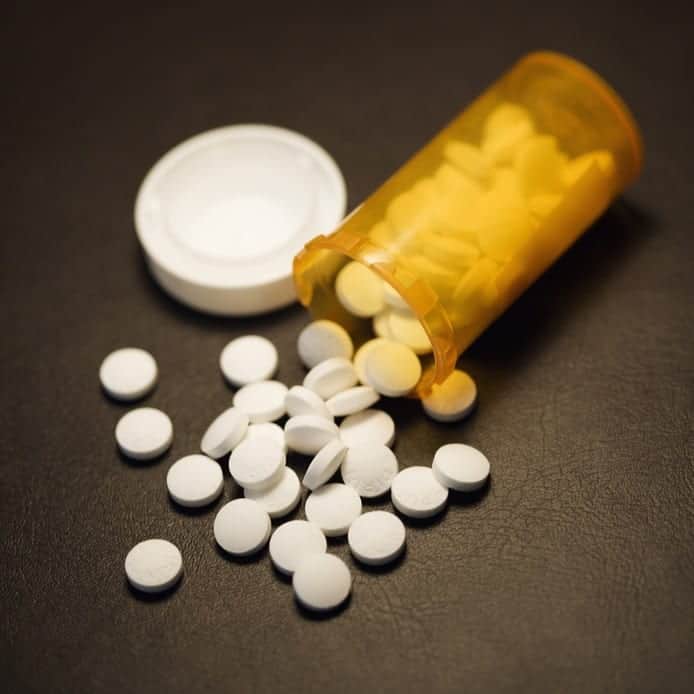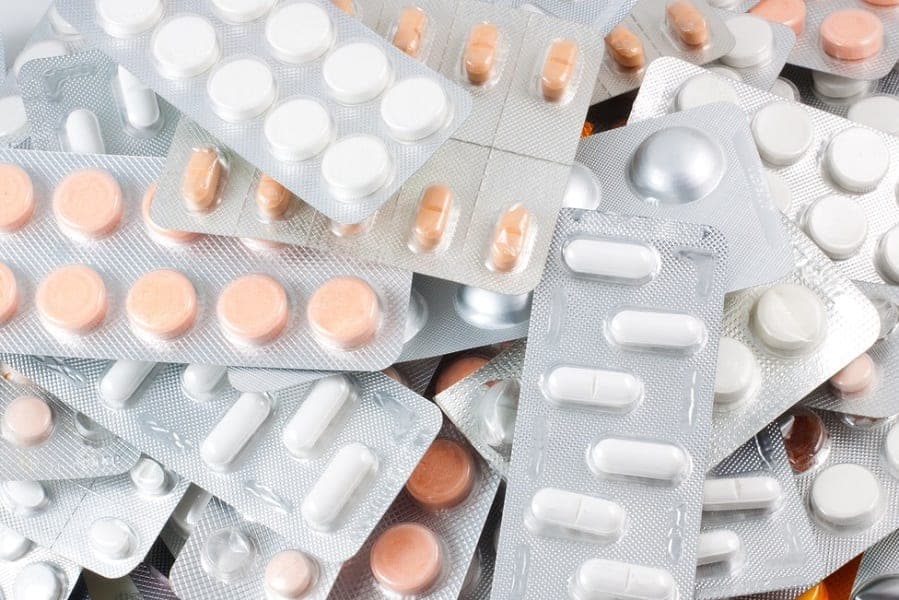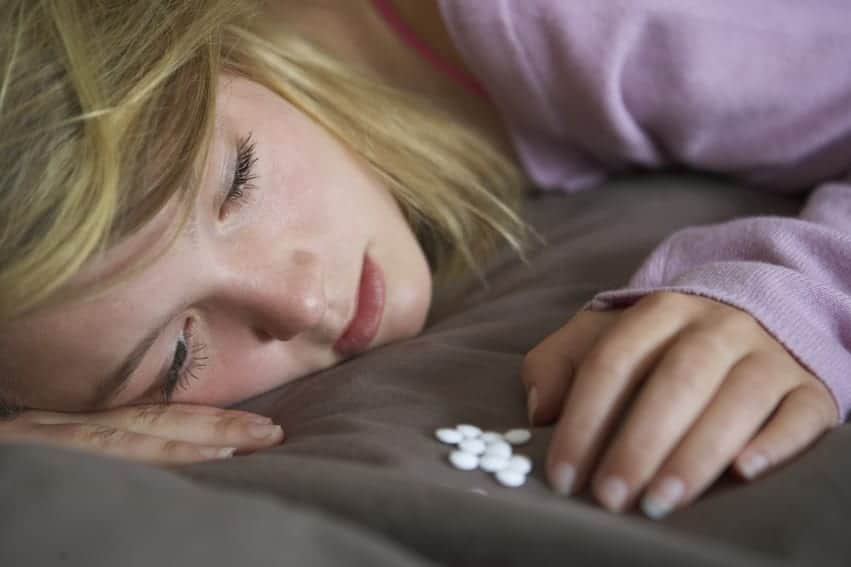“We replaced heroin – which is on the street, and you don’t really know what you’re taking – with Suboxone, which is still an opiate… Essentially they’re addicted to Suboxone. It’s substituting something LESS bad for something MORE bad.” ~Dr. Peter Grinspoon, M.D. Opioids – which include prescription painkillers like OxyContin or fentanyl and the street drug heroin – are among the hardest of all drugs to quit. Opioid withdrawal symptoms can be harshly unpleasant, often leading to relapse. 
Medication Assistance Aids in Recovery from Opioid Addiction
For decades, the first-line medication for opioid addicts was methadone, but more and more physicians are starting to see the advantages of prescribing a combination buprenorphine/naloxone medication – commonly known as Suboxone – for their patients in recovery from opioid addiction.
- Produces less of a “rush” than methadone, reducing its desirability as a drug of abuse (Trying to get high, some opioid addicts will take more and more Methadone, to the point of overdose)
- Has a “ceiling affect”, meaning taking more of the drug will not increase its intoxicating effects (Methadone’s analgesic effects only last 4-8 hours, but it stays in the body for up to 60 hours)
- Causes less respiratory depression, reducing its potential for overdose (1999-2007 Methadone deaths in the US went increased sevenfold)
- Can be prescribed and taken at home, eliminating the need for a daily trip to the methadone clinic (At least 20% of patients stay on methadone 10 years or more)
- Has a lower incidence of sexual side effects than Methadone (Methadone causes sexual dysfunction in at least 14% of men)
However, although Suboxone may be an improvement over Methadone, there are still some disturbing concerns.
Harm Reduction Versus Harm Elimination
“I wouldn’t say buprenorphine is not a serious problem; it’s a product for addicts, so the propensity for diversion is probably much higher than with other prescription drugs…” ~John Burke, President of the National Association of Drug Diversion Investigators Critics of opioid replacement therapy are quick to point out that even with safeguards in place, Suboxone can still be diverted and abused. Even proponents of opioid replacement therapy admit that replacing one opioid with another – even a less-potent, less-addictive one – is contrary to the evidence-based models of many recovery programs. The Center for Substance Abuse Research at the University of Maryland reports that police seizures of Suboxone skyrocketed from 2003 to 2010, increasing from 21 to more than 8000. Gary Tennis, Secretary of Drug and Alcohol Programs in Pennsylvania, says, “This illegal diversion and street sale has been documented for some time now, and it’s occurring across the nation.” 
What about Suboxone Dependence?
Even though it is a synthetic opioid, it is still possible to become dependent upon Suboxone, both psychologically and physically. Like Methadone patients, people who are on a Suboxone treatment program may be shackled to the medication for months or even years—without ever actually addressing the addiction itself. There is one thing that many who are quick to jump on the Suboxone bandwagon forget to keep in mind – substance abuse fuels an addiction, but does not cause it. Substituting a dependency and addiction to heroin or other opioids for a different dependency and addiction to Suboxone does nothing for the mental, emotional, social, environmental, behavioral, and medical issues that helped the addiction develop in the first place. Dr. Peter Luongo, MD, of Executive Director of Pittsburgh’s Institute for Research, Education and Training in Addictions, says the medical and addiction recovery communities may have “overplayed our hand” in the rush to use medicines to cure addiction and “didn’t pay enough attention to the counseling part of it.” “This…never was to be used as a stand-alone treatment. It’s meant to be used with counseling methods.”  SOURCES: https://people.com/celebrity/prince-dead-what-is-suboxone/ https://www.ncbi.nlm.nih.gov/pmc/articles/PMC3271614/ https://nationalpainreport.com/suboxone-new-drug-epidemic-8821747.html https://www.nytimes.com/2013/11/17/health/in-demand-in-clinics-and-on-the-street-bupe-can-be-savior-or-menace.html?_r=0 https://triblive.com/news/westmoreland/3938084-74/suboxone-drug-addiction https://allaboutsuboxone.com/methadone-vs-suboxone/ https://www.ihs.gov/telebehavioral/includes/themes/newihstheme/display_objects/documents/slides/nationalchildandadolescent/opioidreplacement_0616.pdf
SOURCES: https://people.com/celebrity/prince-dead-what-is-suboxone/ https://www.ncbi.nlm.nih.gov/pmc/articles/PMC3271614/ https://nationalpainreport.com/suboxone-new-drug-epidemic-8821747.html https://www.nytimes.com/2013/11/17/health/in-demand-in-clinics-and-on-the-street-bupe-can-be-savior-or-menace.html?_r=0 https://triblive.com/news/westmoreland/3938084-74/suboxone-drug-addiction https://allaboutsuboxone.com/methadone-vs-suboxone/ https://www.ihs.gov/telebehavioral/includes/themes/newihstheme/display_objects/documents/slides/nationalchildandadolescent/opioidreplacement_0616.pdf

